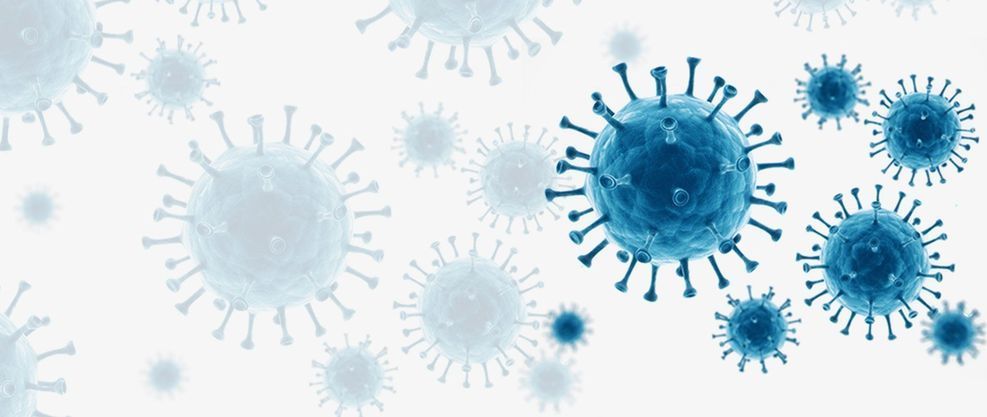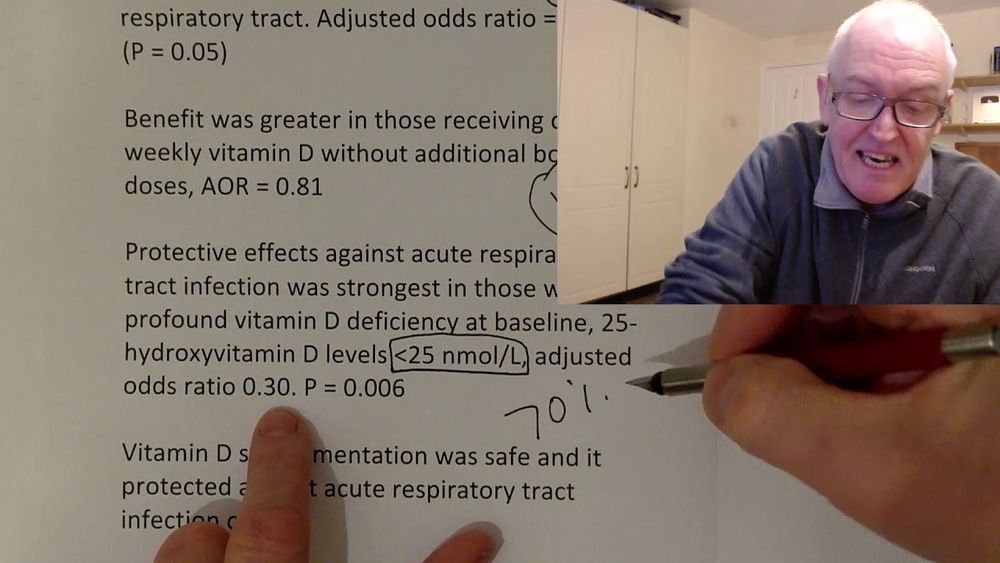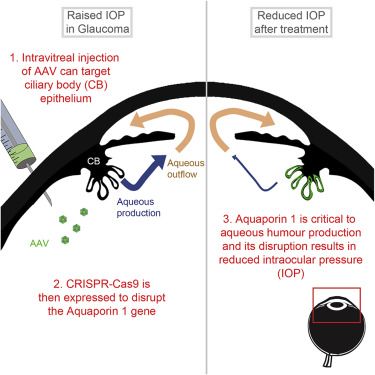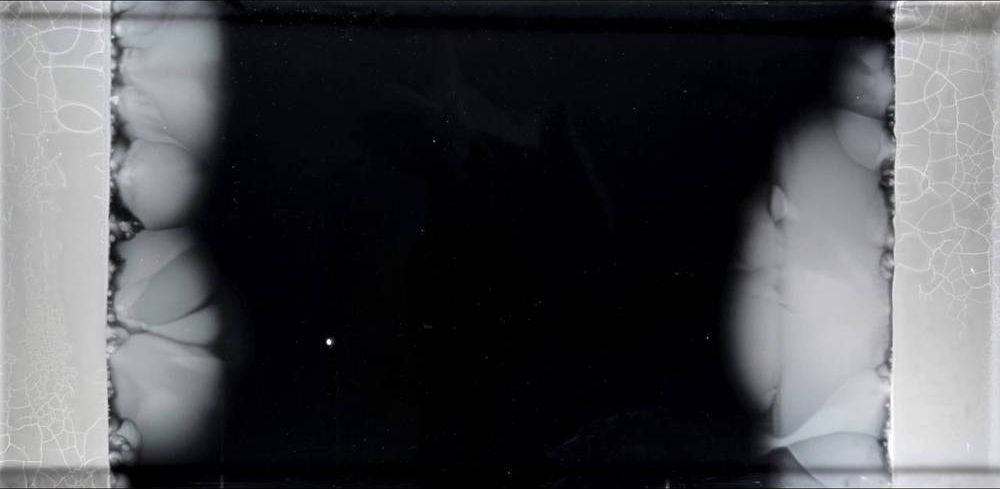Mar 9, 2020
Dogs, cats can’t pass on coronavirus, but can test positive
Posted by Quinn Sena in categories: biotech/medical, food
HONG KONG — Pet cats and dogs cannot pass the new coronavirus on to humans, but they can test positive for low levels of the pathogen if they catch it from their owners.
That’s the conclusion of Hong Kong’s Agriculture, Fisheries and Conservation Department after a dog in quarantine tested weakly positive for the virus Feb. 27, Feb. 28 and March 2, using the canine’s nasal and oral cavity samples.
A unidentified spokesman for the department was quoted in a news release as saying. “There is currently no evidence that pet animals can be a source of infection of COVID-19 or that they become sick.”

















